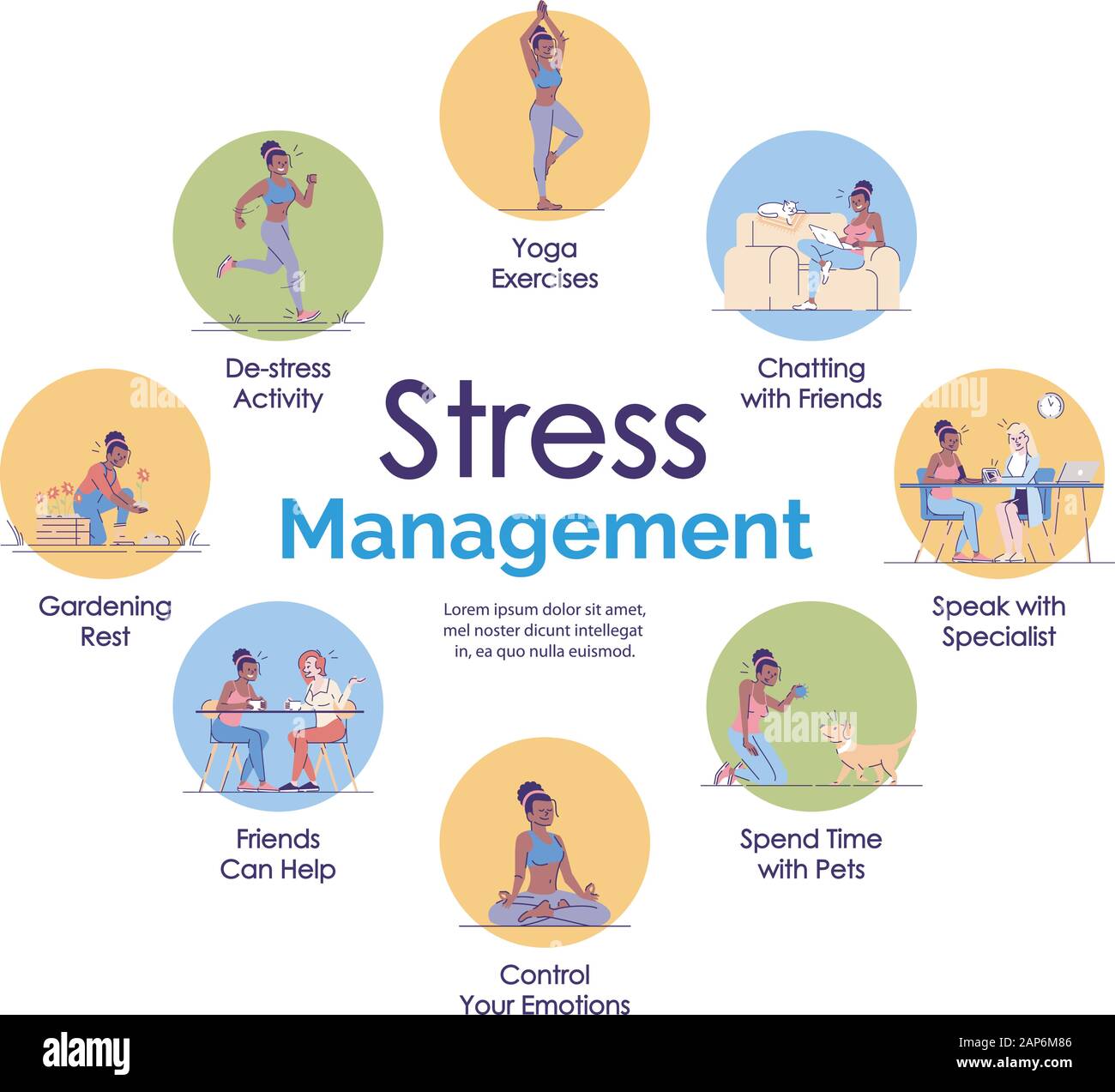
Navigating Life’s Challenges: Effective Stress Management Strategies
Stress is an inevitable part of life, but how we manage it can significantly impact our well-being. Explore effective stress management strategies that empower you to navigate life’s challenges with resilience and balance.
Understanding the Impact of Stress
Stress is the body’s natural response to challenging situations, activating the “fight or flight” response. While this response is essential for survival, chronic stress can have detrimental effects on physical and mental health. Understanding the impact of stress is the first step in developing effective stress management strategies.
Identifying Sources of Stress
To manage stress effectively, it’s crucial to identify its sources. Reflect on the aspects of your life that contribute to stress, whether they are work-related, personal, or environmental factors. Identifying specific stressors allows for targeted strategies to address and alleviate them.
Developing Healthy Coping Mechanisms
Healthy coping mechanisms are essential for managing stress. Engage in activities that bring joy and relaxation, such as hobbies, exercise, or spending time in nature. These activities not only provide a positive outlet for stress but also contribute to overall well-being.
Prioritizing Self-Care Practices
Self-care is a foundational aspect of stress management. Prioritize practices that nourish your mind, body, and soul. This may include getting adequate sleep, maintaining a balanced diet, practicing mindfulness, and setting boundaries to ensure you have time for yourself.
Effective Time Management
Poor time management can contribute to stress. Develop effective time management skills by prioritizing tasks, setting realistic goals, and breaking larger tasks into manageable steps. Creating a structured routine can help reduce the feeling of being overwhelmed by responsibilities.
Establishing Supportive Relationships
Social connections play a significant role in stress management. Build and nurture supportive relationships with friends, family, or a community. Having a network of people to share experiences, seek advice, or simply provide emotional support can enhance resilience in the face of stress.
Learning to Say No
The ability to say no is a powerful stress management tool. Setting boundaries and recognizing your limits is crucial for preventing overwhelm. Politely declining additional commitments when necessary allows you to prioritize your well-being and focus on essential tasks.
Mindfulness and Stress Reduction
Mindfulness practices, such as meditation and deep breathing exercises, are proven techniques for stress reduction. Incorporate mindfulness into your daily routine to cultivate a calm and centered mind. Mindful awareness can help you respond to stressors with greater clarity and composure.
Seeking Professional Support
If stress becomes overwhelming or persistent, seeking professional support is a proactive step. A mental health professional can provide guidance, coping strategies, and a safe space to explore and address the root causes of stress. Don’t hesitate to reach out for help when needed.
Optimal Health Partner: Your Resource for Stress Management
For more information on effective stress management strategies and personalized guidance, visit Optimal Health Partner. Discover resources and support to navigate life’s challenges with resilience and maintain a balanced and healthy lifestyle.